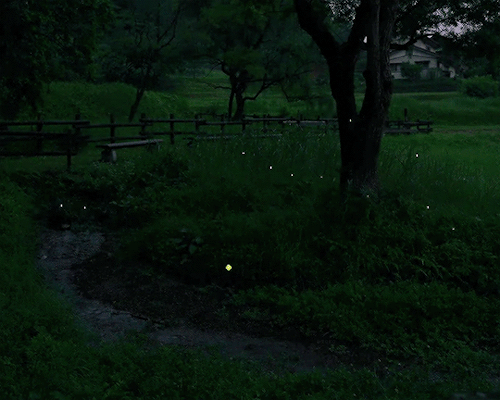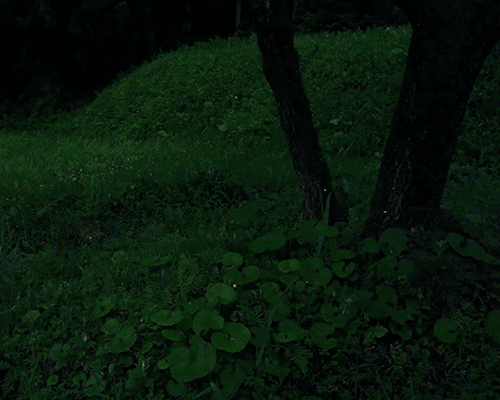Curate, connect, and discover
Coleoptera - Blog Posts

Imagine yourself as an insect, a water beetle to be exact, swimming around searching for food when all of a sudden, a giant frog swallows you whole! What would you do then?
For Regimbartia attenuata, the only option besides accepting your fate and dissolving quietly is to search for the rear-end exit. Shinji Sugiura, an ecologist at Japan's Kobe University, discovered that these amazing beetles actively escape death by swimming through a predator's digestive tract and exiting from its butt, intact with no observable damage.
Regimbartia attenuata escaping from the vents of Pelophylax nigromaculatus and Hyla japonica (4× speed). Video credit to Current Biology
While rare, the phenomenon is not unheard of as certain snail species are known to seal their shells shut and await excretion to survive being eaten by birds or fish. However, what makes this particular research fascinating is that the prey (water beetle) is actively escaping the predator (frog) rather than passively waiting for the digestion process to be complete.

Hypothetical escape route of Regimbartia attenuata through the frog digestive system. Photo credit to Kobe University.
For further reading, you can click on the following link for the research article published in Current Biology on August 3, 2020.

In 2019, wildlife researcher Andrea Malek discovered evidence that the critically endangered American burying beetle (Nicrophorus americanus) may have successfully bred itself in the wild, providing a future where these elusive beetles may once again become a part of the native American ecosystem.

An American burying beetle (N. americanus). Critically endangered though the possibility of species re-establishment now seems brighter. Photo credit to The Columbus Dispatch.
Once common throughout the United States and Canada, it is believed that N. americanus dwindled in population due loss of appropriately sized food sources, light pollution, and competition from larger scavengers among other things.

A pair of mating beetles are about to be placed in their makeshift home where they will feed, mate, and produce new offspring, all on top of a warm cozy carcass. Photo credit to the Columbus Dispatch.
To re-establish the American burying beetle population, breeding programs at The Wilds in Muskingum County, Ohio were initiated with new populations released every summer. However, none seem to have survived the winter period, until now.
Click on the link above to read more about these fantastic beetles and the breeding program maintained by The Wilds and the Ohio Department of Natural Resources Wildlife division.


Yesterday afternoon I dragged my friend to Denge Wood forest. While there, I spotted one of my top five favorite beetles. These lustrous and magnificent little guys are green tiger beetles (Cicindela campestris).
They are incredibly fast predatory beatles that hunt down and eat other insects. The larvae of this beetle live in individual burrows in sandy soil. They flick out the sand around them creating a pitfall that other insects fall into.
So beautiful but deadly.





I Just tried this tonight, and while I didn't manage much in the way of stargazing, I saw fireflies for the first time in my life. I wasn't even aware that they were present here, and yet there was flickering in the front yard at about the same time that the first stars emerged. I also got eaten alive by mosquitos, but the bites will fade, while the fact that I have seen fireflies will not change.
To Stormsaika, Thank you
tonight’s mood is stargazing in the summertime while listening to Welcome to Nightvale and having an existential crisis as the cicadas drone on in the background


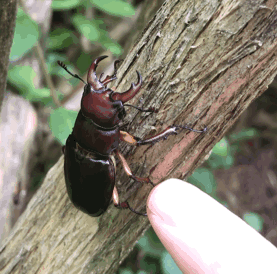
a nice big male reddish-brown stag beetle (Lucanus capreolus) from the other day
(Massachusetts, 7/7/23)

Dynastes tityus, my beloved
(For a page I’m making for my website >:3)
(Also I posted this earlier but realised I’d used the common name for the related species Dynastes grantii in the image because I am a dumb bugfox who somehow didn’t initially notice oh no!!!)

An alternate form for my sona, Pepper, as a platinum gold morph (bug)fox?? Yay!!

I went fossil hunting recently, where I found some ammonites! :3
(Guest appearance from Fen, the little fennec fox plush sitting in my sona's bag. They're one of my very favourite plush foxies :3)
The latest edition to my all-time favourite art pieces, omg!!! I adore this!!!

Heinrich Schlitt - The Forest Doctor (ca. 1895)

A day you see a beetle in flight is a most splendid day!!
Self-portait piece of my sona, because I haven't properly drawn them for a sizeable minute :3

Where else but the boundless expanse of what used to be home?
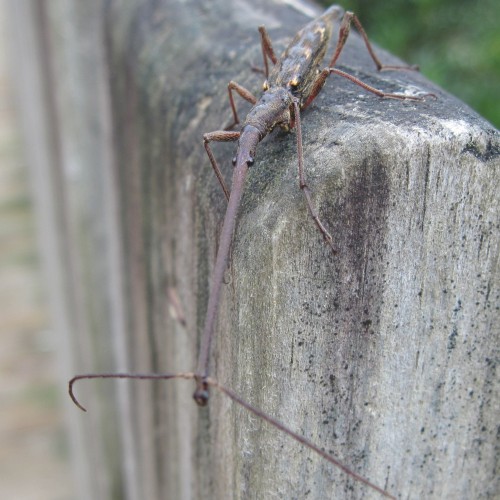
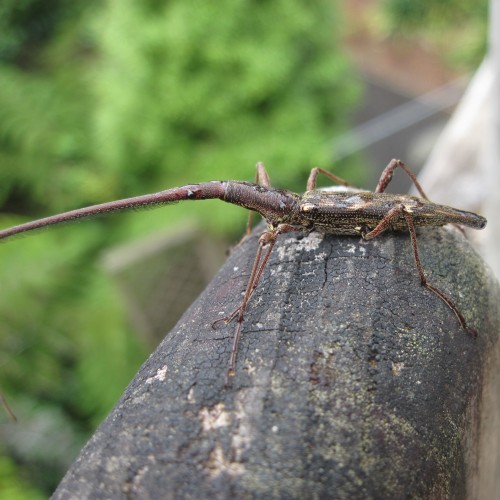
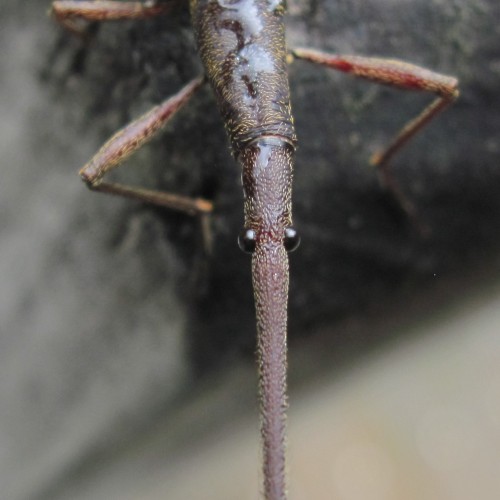
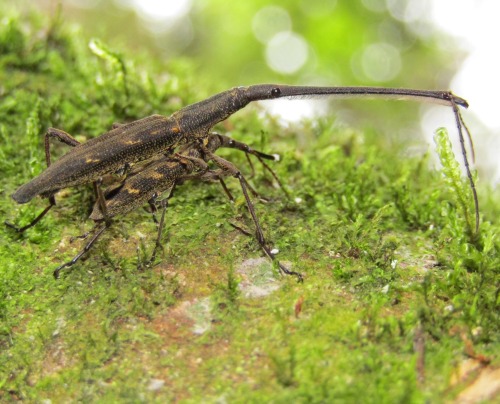
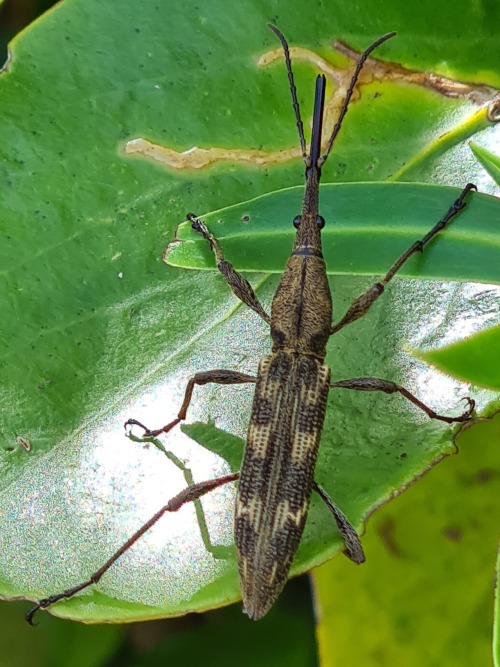
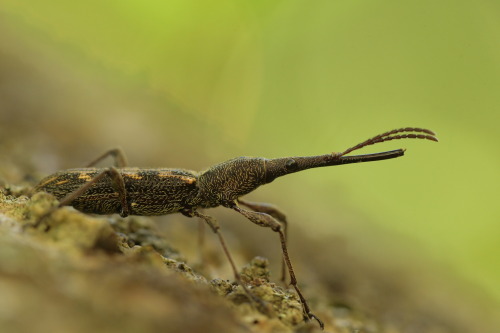
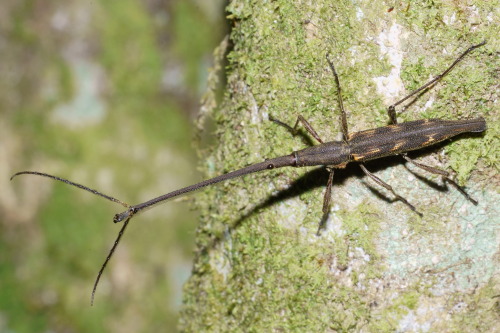
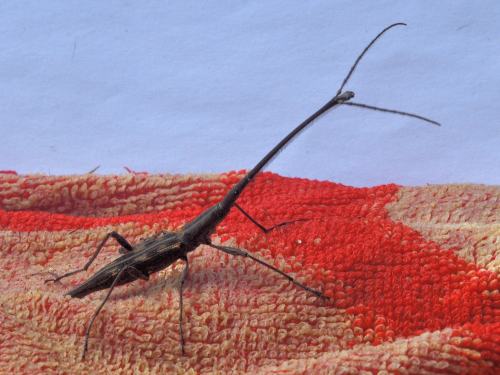
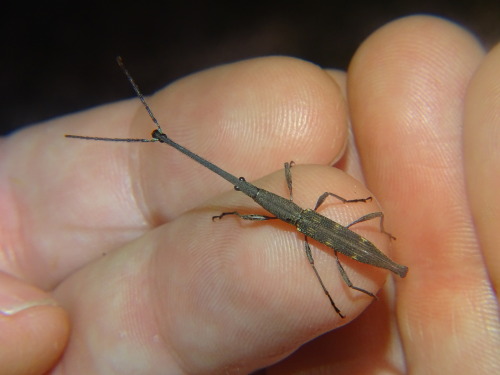
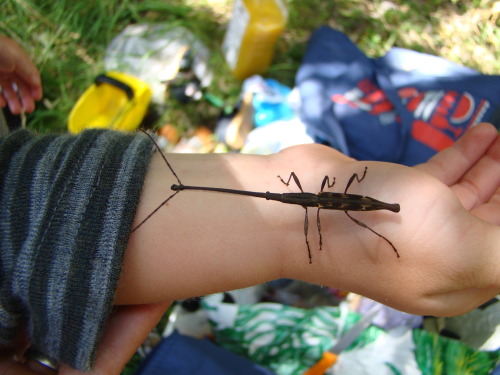
New Zealand giraffe weevil, Lasiorhynchus barbicornis, Brentidae
The New Zealand giraffe weevil is a species of straight-snouted weevil endemic to New Zealand. This species shows extreme sexual dimorphism: females can measure as long as 50mm while males can be as large as 90mm, with a snout as long as their body. Weevil larvae tunnel in wood for as long as two years before emerging as adults, but adults live only a few weeks.
Photos 1-4 by wild_wind, 5 by cheryldawson19, 6 by christopherstephens, 7 by schneehagen, 8 by craigwilson10, 9 by kiwifergus, and 10 by lisa_bennett
Bonus photo because it brought me soul-deep joy - an adult male emerging from a tree:

SNOOT. Photo by Christina Painting







